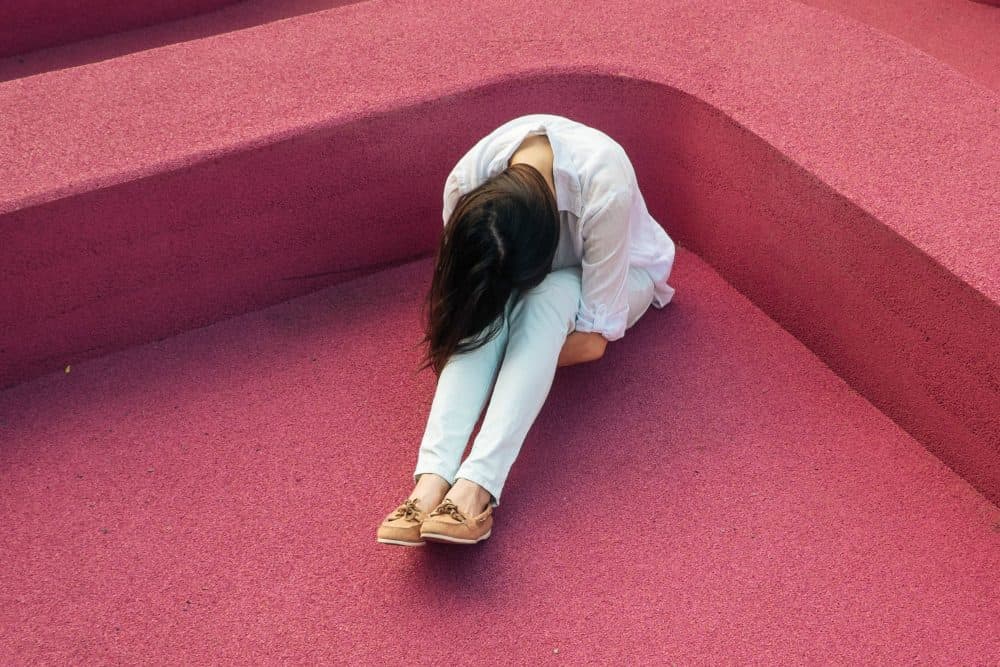Advertisement
commentary
New Depression Screening For Teens Could Reduce The Stigma Of Mental Illness

When I read that the American Academy of Pediatrics has called for universal screening for depression for children 12 and up, it seemed exceedingly welcome and pragmatic news, given the prevalence of teenage depression. After all, 20 percent of teens reportedly encounter depression. Suicide is the second leading cause of death for people ages 10 to 24. Each day, sees an average of over 3,470 attempts by young people in grades nine to 12. I want my pediatrician to assess my children’s overall well-being, thank you.
I have some personal experience here. I wasn’t the world’s happiest 12-year-old, or teenager. I did all the things experts say depressed teens do. I acted out during those years. Simultaneously, I was pretty good at flying just under the bad-behavior radar. No adult — parent, pediatrician or teacher — insisted I get help. Middle-aged me wonders how differently things might have been had my pediatrician asked more sophisticated questions that were designed to screen for depression. My fantasy is that he would have suggested therapy, and I’d have gotten some meaningful support much earlier than I did.
I did all the things experts say depressed teens do.
As it was, the one thing I knew felt difficult as an adolescent was my parents’ divorce. During high school, some of my friends and I began a peer support group for children of divorce. At the time, although divorce was quickly becoming a common occurrence, it still carried a stigma that seems unfathomable now. The time we took to better understand our responses to our families’ changes helped us feel less isolated and less freakish. We discovered a shared identity. In retrospect, we sought to lift stigma from divorce — and we did.
I hope that’s part of what the guidelines do: Lift stigma from depression. If that stigma were removed — and young people got help -- then, ideally, mental health could be seen as it should: integral to health care, not some disdained, fairy-tale stepchild no one treats with dignity and everyone blames.
Ostensibly, this shift would set adults up better too, to take care of their mental health, to seek support during difficult transitions or when struggling with tasks or relationships. We know, cognitively, that life presents us with challenges and that sometimes simply living proves hard for no obvious reason.
I hope that’s part of what the guidelines do: Lift stigma from depression.
Never mind that depression also runs in families (raises hand here). My family history wasn’t something I knew about growing up, not openly. It wasn’t like anyone talked about hereditary traits like brown hair and depression. The mental health conversations were whispered and kept at some arm’s length, rather than embraced and addressed. When I think back now, that, too, made depression seem like a character flaw. Who wanted to admit to a character flaw? I definitely did not. Stigma renders family history a “bad” thing. Universal screenings make family history a health thing.
Emotionally, in this culture, we are some version of wannabe cowboys, determined to survive the Wild West with bravado. However, our mental health isn’t meant to mirror a bucking bronco ride. Hanging on by any means necessary doesn’t serve anyone.
To address mental health concerns early and often can help them become matter-of-fact rather than a matter of shame. The more we can accept and not hide, the more likely we are — as individuals and as a country — to live healthier and happier lives, not depression-free for those of us touched by it, but more compassionately and graciously.
